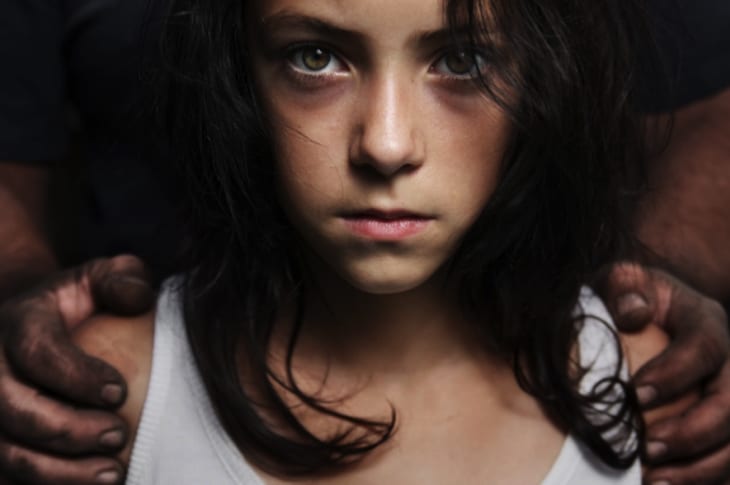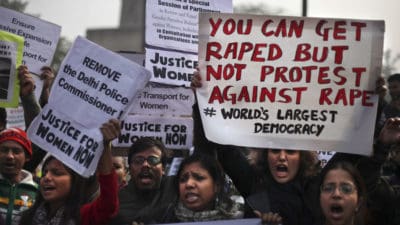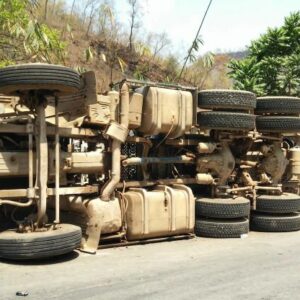
When Devi was a young girl, her life took a horrific turn when she became a victim of trafficking was sold for sex in Mumbai before being rescued. With the help of a shelter that saves and rehabilitates girls that have been trafficked for sex, Devi has recovered from this tragic part of her life as best she could and is now looking forward to the future.
Despite the taboo nature of women having sex before marriage in India, even if the intercourse was a result of rape or trafficking, Devi remains hopeful that she can still lead a fulfilling life doing what she loves by not allowing her past to define her. She has high hopes for her career, and has even declared that it’s her dream to become a doctor.
“I want to study science after high school. I know it is difficult, but I have the will to study. I was only unsure of the money,” she told the Thomson Reuters Foundation.
Devi is currently living at the shelter that has helped her move forward from her time as a sex trafficking victim and was one of thousands of girls to send a request to the government of the western state of Maharashtra for compensation to pay for her schooling. The government recently deposited 75,000 rupees ($1,150) into Devi’s bank account to help pay for school, and she will receive another 225,000 rupees when she turns 18.

Maharashtra is one of the many states in India that has a high rate of girls and women being trafficked and sexually abused or sold, some as young as 6 years old after being abducted or sold by their own parents. As India faces pressure, both externally and internally, to crack down on perpetrators of trafficking and sexual violence as well as provide safe havens and compensation for victims, each state has developed its own program for how to combat these horrible crimes.
The state developed a financial aid scheme in 2013 to compensate victims of rape, sexual assault, and acid attacks, but its scheme is set to be reviewed as it isn’t yielding the results that human rights advocates hoped for. In the last few years, the state has received 7,500 requests for compensation and they have offered payments to 4,500 girls. However, Devi was one of the first to actually receive her payments, as with most other cases the government has claimed that there is a lack of funding. Devi’s success can in part be attributed to the International Justice Mission, who has worked with her for the last two years by following up endlessly with different departments.
“This is the first time compensation has come through for a case with our follow-up. We are now encouraged and are pursuing compensation for four to five other cases of minor victims who are eligible for compensation,” said Melissa Walavalkar, IJM’s director of justice solutions.
This is especially promising for the others that the IJM is representing, but for the thousands of other girls still waiting for financial aid, the wait could be endless. Human rights groups also point to some of the restrictions in the scheme as being unfair, like the rule that only girls who were abused during the time that the scheme started and onwards are eligible. One lawyer, Wesley Menezes, has been tirelessly fighting this stipulation because he is representing a then-13-year-old girl who was raped and forced to marry her rapist to ‘avoid shame’ in 2012, just before the scheme started.
However, the fact that a payment has been made at all proves that the scheme could be promising, though not in its current form. Critics are hoping that a review of the scheme will open up the payments to more women and girls and that more funding will be made available to actually deliver the payments.


